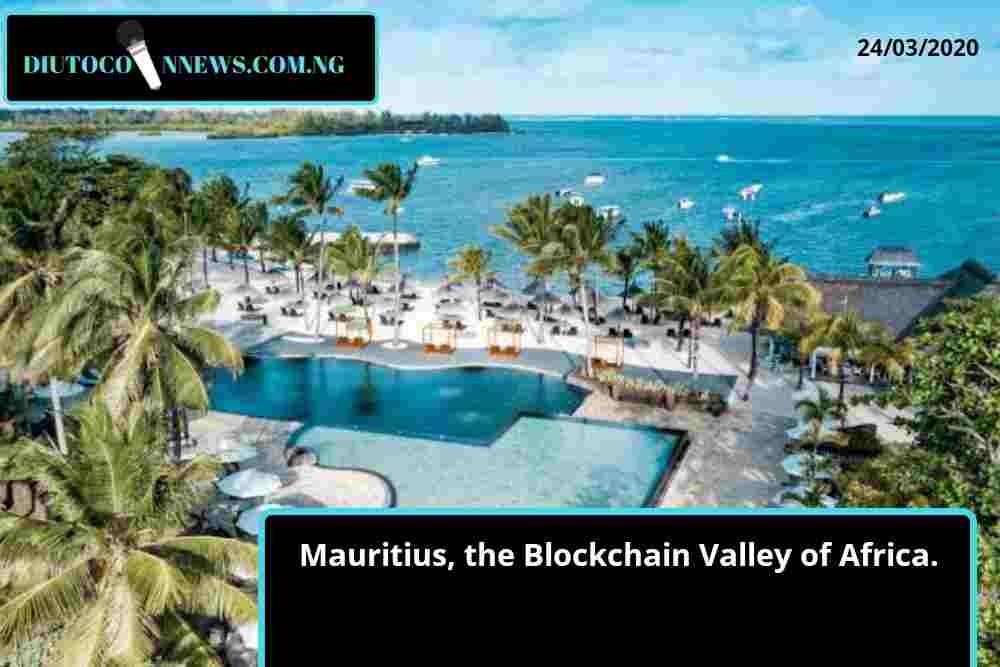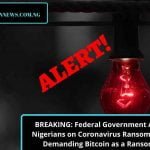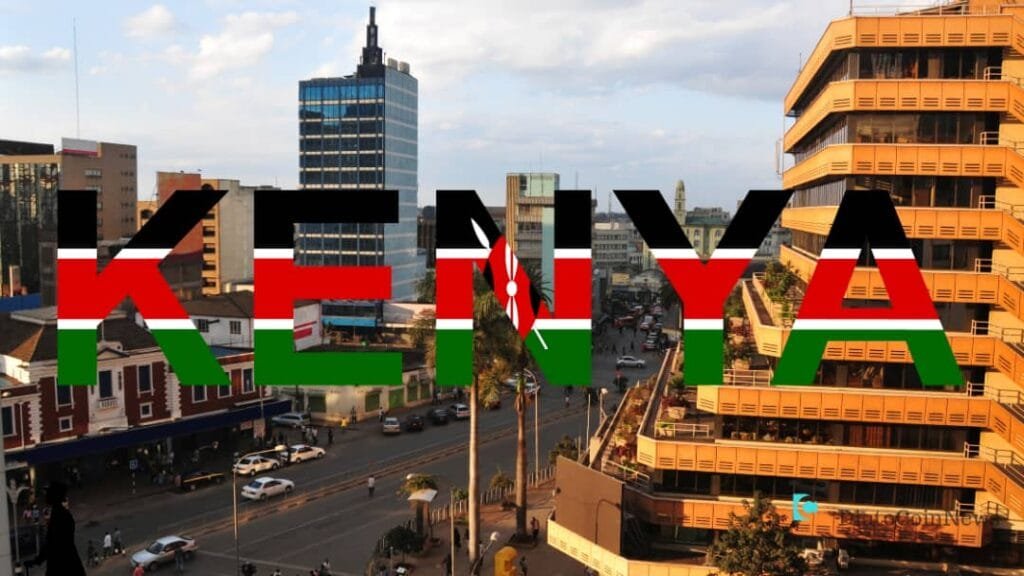Mauritius, the blockchain valley of Africa is an Indian Ocean island nation in eastern part of Africa, with a population of 1.3million people.
It has been the preferred route for foreign direct investment (FDI) flows to India for over a quarter century.
The Mauritius International Financial Centre (IFC) has been a reputable center for a safe, trusted and competitive finance. This has enabled the country to position itself as the preferred jurisdiction for FDI flows to Africa.
An excerpt from an article written in 2011 by Joseph Stiglitz, “The Mauritius miracle, or how to make a big success of a small economy,” suggests that Mauritius “has spent the last decades successfully building a diverse economy, a democratic political system and a strong social safety net.”
Aside the political and economic stability, there is also a good number of qualified financial experts, a good network of double tax avoidance agreements (DTAAs) and investment promotion and protection agreements (IPPAs) creating a hybrid legal and safe environment for fintechs to operate and grow.
Moreover, The head of a Mauritian startup, Codevigor, who launched a blockchain-based tamperproof ID system, eDocument.cloud, last year believes that Mauritius is the blockchain valley for Africa.
Suyash Sumaroo, the co-founder of Horizon Africa, a Mauritius-based blockchain startup, noted: “Personally, I think that during the last 2-3 years, there has been a lot of focus on FinTech and blockchain technology from the Mauritian government and the private sector.”
He added: “I believe that there will be more large-scale projects of this nature which will help the country and region develop.”
Moreso, according to Arvin Halkhoree, senior associate-barrister, DLA Piper Africa member firm in Mauritius: “ Mauritius has been at the forefront of driving quality investments into Africa, and undoubtedly remains the investment hub and the stepping stone of choice for investors moving into the continent.”
Mauritius the blockchain valley of Africa.
Mauritius was ranked first in Africa and twentieth in the world for ease of doing business by the World Bank. Also, Mauritius is a member of the regional economic blocs such as the Southern African Development Community and Common Market for Eastern and Southern Africa, and a member of the African Union, playing an active role in promoting and fostering diplomatic and economic cooperation between African countries.
It’s 2018-2019 national budget supports the need to record a diplomatic footprint in Africa with the actualization of the African Strategy. The priority has been to bring Mauritius to a higer level of regional co-operation in financial technology.
Meanwhile, in September 2018, the country recognized cryptocurrency, as an asset for investment only by sophisticated and expert investors.
Around November 2018 also, The Financial Services Commission (FSC), shared a consultation paper seeking feedback from the stakeholders on the proposed regulatory framework for the licensing of digital assets custodian services.
As at March 2019, this regulatory framework was effective thereby positioning Mauritius as the first jurisdiction to offer a regulated environment for the custody of digital assets in Africa.
“In revolutionizing the global fintech ecosystem through this regulatory framework for the custody of digital assets, my government reiterates its commitment to accelerating the country’s move to an age of digitally enabled economic growth.”
Prime Minister of Mauritius on the revolutionary regulatory framework.
Earlier before the digital assets license, Mauritius has put in place an appropriate regulatory framework for a regulatory sandbox license (RSL), positioning the country among the selected jurisdictions supporting entrepreneurs to engage in innovative services relying on the technologies of the fourth industrial revolution.
The RSL provides a safe testing space for sound projects within the set parameters acting as a temporary regulatory framework following world class standard. This temporary regulatory framework serves as a time-saving device pending the provision of a complete legislative framework.
The RSL has been used in the past to regulate some blockchain based projects capable of growing the economy, creating new the jobs etc.
These five RSL regulated projects was delivered under the watch of the Economic Development Board, recommended by the National RSL Committee.
The projects include; a next-generation wealth management platform that works by combining a robo-advisory fund management and blockchain-backed custodian services.
“ a robo-adviser is a type of financial adviser that provides financial advice or investment management online, with moderate to minimal human help.”
The second project is a lending platform for blockchain-backed loans, enabling holders of a digital asset to obtain cash loans using his asset or assets as collateral.
Another project is a blockchain-based identity management platform which provides tools for identity owners and relying parties, to securely share information, while complying with international data protection regulations.
See Also: Managing Your Finance and Crypto Investment Portfolio During this Period of Economic Crisis.
The B2B KYC, Know Your Customer management account helps relying parties ensure regulatory compliance with international Anti Money Laundry, AMY/ KYC acts going with the best practices.
The last project is an online equity crowdfunding platform that helps startups to easily raise capital and finance it’s business.
Around december 2019, Bank of Mauritius announced plans to introduce a digital currency according to its governor, Yandraduth Googoolye.
Googoolye said that the government is already engaging with some international institutions on the digital currency which will be used for retail payments, something similar to the Tunisia’s central bank digital currency (CBDC).
Mauritius, the Blockchain Valley in Africa has seen various blockchain-related developments with government’s support recently, ranging from favourable regulatory measures to being a good environment for the creation and testing of blockchain-based solutions.
Follow Diutocoinnews on Twitter
Discover more from DiutoCoinNews
Subscribe to get the latest posts sent to your email.











